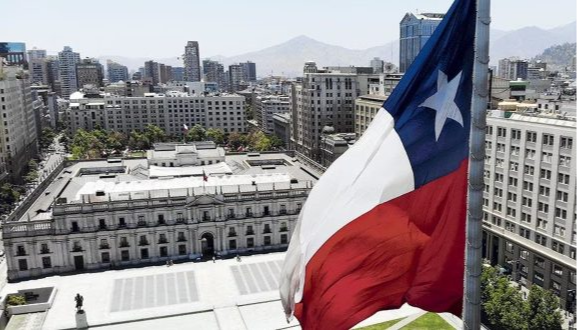
Anniversary of the social eruption in Chile
by Guillermo Alvarado
This month marks five years since the beginning of the social uprising in Chile, undoubtedly the largest protest movement in the South American country since Augusto Pinochet's coup against President Salvador Allende on 11 September 1973.
For several weeks, even months, right-wing and extreme right-wing sectors linked to big business, as well as the media that serve them, have been waging a campaign to distort the causes of the popular explosion and present it as a day of chaos and gratuitous violence.
There are even polls circulating in which the majority of the population supposedly affirms that this event was detrimental to the country and considers it to be the cause of the current ills, such as insecurity and the serious institutional crisis resulting from acts of blatant corruption.
The truth is quite different, as expressed by some 60 social organizations in a communiqué published these days, in which they recall that the trigger was the increase in the price of the metro ticket, which provoked protests by high school students, who were gradually joined by other sectors burdened by poverty and inequality.
On 18 October 2019, without warning, tens of thousands took to the streets in the center of Santiago and every day more people joined to reject neoliberalism, the exploitation of labor and the lack of access to health, education, housing and other services.
Faced with the terror of the government of Sebastián Piñera and big business, on 25 October 1.2 million people marched around Plaza Baquedano, later called Plaza de la Dignidad, in the largest march in the history of Chile.
Piñera declared war on the people and sent the army and the Carabineros police into the streets, mercilessly repressing men, women and students, some of them minors, and yet the demonstrations continued.
As a result of the police brutality, 34 people were killed and around 3,000 injured, including 400 with total or partial eye damage due to the indiscriminate use of large caliber shotguns and tear gas grenades fired into the faces of the demonstrators.
In March 2020, at the beginning of the Covid-19 pandemic, an agreement was reached to draft a new constitution, improve pensions, invest more in education and health and provide other social guarantees.
Five years later, nothing has been achieved and those most responsible for human rights violations remain unpunished.

